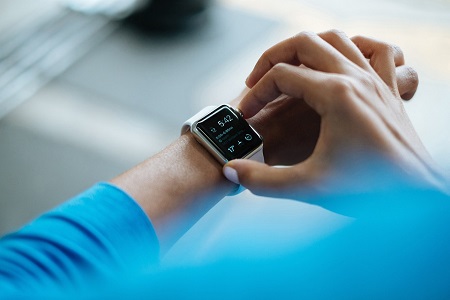The company no longer manufactures its own smartphones but it is selling its name for branded devices.
TCL Communications entered into a BlackBerry licensing agreement to create and manufacture branded mobile devices. BlackBerry CEO John Chen recently said “BlackBerry is no longer just about the smartphone, but the smart in the phone.”
The goal is to continue the production of branded devices in the market without making them, themselves.
Chen assured customers that “when you see our logo it means security, from our class-leading enterprise software to devices secured by BlackBerry software.”
 This is not the first time BlackBerry has worked with TCL Communications. In fact, it released two different Android-based smartphones in a partnership with that company. The DTEK 50 and DTEK 60 are both devices resulting from collaborations between the two firms. TCL Communications also manufactures Alcatel-branded smartphones.
This is not the first time BlackBerry has worked with TCL Communications. In fact, it released two different Android-based smartphones in a partnership with that company. The DTEK 50 and DTEK 60 are both devices resulting from collaborations between the two firms. TCL Communications also manufactures Alcatel-branded smartphones.
The long-term BlackBerry licensing agreement is only the latest in that company’s turnaround strategy.
The partnership is a way for BlackBerry to place some distance between itself and handset manufacturing. The company can turn its focus toward growth as a security software and services company. As a part of this agreement TCL Communications will not only design, manufacture and sell BlackBerry-branded devices. It will also provide customer support for the products they sell.
BlackBerry COO and general manager of mobility solutions, Ralph Pini, said this partnership with TCL Communication is a core move in their strategy. It lets the company put “the ‘smart in the phone’ by providing state-of-the-art security and device software on a platform that mobile users prefer and are comfortable with.”
According to recent media reports, the DTEK 70 will be the next smartphone launched with the BlackBerry licensing brand agreement. This mobile device will be based on Android – as have been the last few models – and will have a fingerprint sensor. That feature will be uniquely positioned in the spacebar of the distinctive physical keyboard. It will have a 2.0 GHz Qualcomm processor, 3GB of RAM, 32GB of internal storage and a 4.5 inch display. The rear-facing camera will be 18 megapixels and the front-facing camera will be 8 megapixels.

 According to IDC senior research analyst Jitesh Ubrani, wearable technology companies have yet to give consumers a reason to want to buy. “A lot of what these devices can do, they’re essentially just mimicking the phone.”
According to IDC senior research analyst Jitesh Ubrani, wearable technology companies have yet to give consumers a reason to want to buy. “A lot of what these devices can do, they’re essentially just mimicking the phone.”